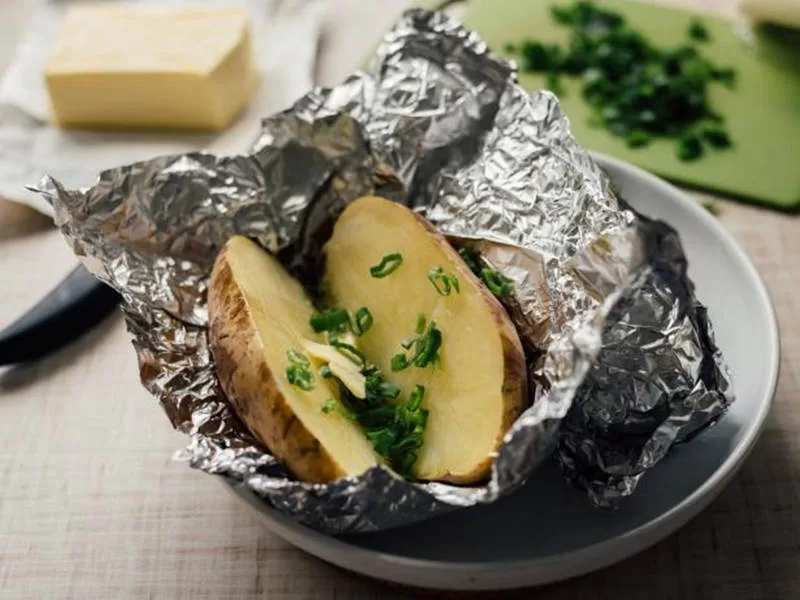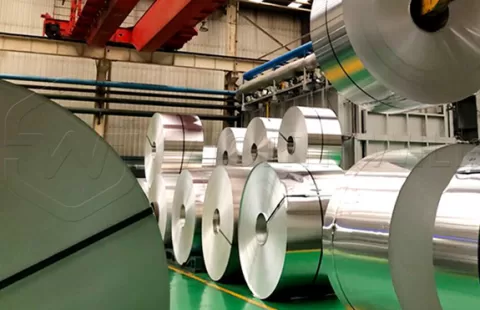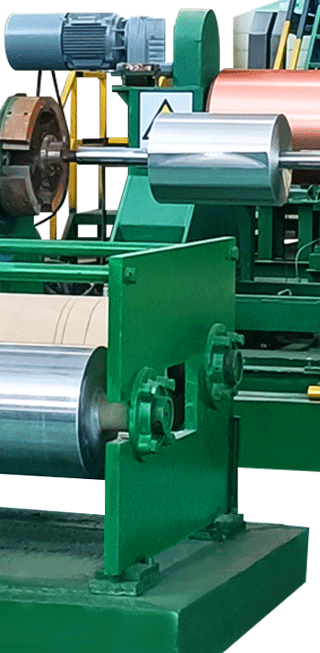Why Aluminum Foil is Used for Packaging Food?
Aluminum foil has become a ubiquitous material in the food packaging industry, known for its versatility, durability, and ability to preserve the freshness and quality of food products. From wrapping sandwiches to sealing containers, aluminum foil serves a variety of essential functions in food packaging. Let’s explore why aluminum foil is the material of choice for packaging food.

Barrier Properties:
Aluminum foil acts as an effective barrier against moisture, oxygen, light, and other external elements that can compromise the quality and shelf life of food products. Its impermeable nature helps to seal in freshness, flavor, and nutrients, while also protecting against contaminants and spoilage. This makes aluminum foil particularly well-suited for packaging perishable items such as meats, cheeses, and baked goods.
Heat Conductivity:
Aluminum foil is an excellent conductor of heat, allowing it to facilitate even cooking and heating of packaged food items. Whether used for baking, grilling, or reheating in the oven or microwave, aluminum foil helps to distribute heat evenly, ensuring that food is cooked thoroughly and retains its desired texture and flavor. This makes it an ideal choice for both cooking and storing prepared meals.
Flexibility and Adaptability:
One of the key advantages of aluminum foil is its flexibility and ability to conform to various shapes and sizes. It can be easily into pouches, wraps, trays, and containers, accommodating a wide range of food products and packaging requirements. Whether packaging individual servings or bulk quantities, aluminum foil offers versatility and convenience for food manufacturers and consumers alike.
Lightweight and Portability:
Aluminum foil is lightweight yet durable, making it ideal for packaging food items that need to be transported or shipped over long distances. Its low weight helps to minimize shipping costs while still providing adequate protection and preservation for the enclosed products. Additionally, aluminum foil packaging is easy to handle and store, making it a practical choice for both commercial and household use.
Recyclability and Sustainability:
Aluminum foil is wide for its recyclability and environmental sustainability. Unlike some other packaging materials, aluminum foil can be recycled indefinitely without losing its quality or properties. This makes it an eco-friendly choice for food packaging, contributing to efforts to reduce waste and conserve natural resources. Furthermore, aluminum foil packaging often requires less material compared to other packaging formats, further reducing its environmental footprint.
Visual Appeal and Branding:
In addition to its functional benefits, aluminum foil packaging offers opportunities for branding and product differentiation. Manufacturers can customize foil packaging with logos, graphics, and text to enhance brand visibility and appeal to consumers. The reflective surface of aluminum foil can also create an attractive and eye-catching presentation for food products, enhancing their shelf appeal and marketability.
Conclusion:
Aluminum foil is a versatile and indispensable material for packaging food. It offers a combination of barrier properties, heat conductivity, flexibility, and sustainability. Its widespread use in the food industry is a testament to its effectiveness in preserving freshness, protecting against contaminants, and facilitating convenient storage and transportation of food products. With its myriad benefits, aluminum foil continues to play a vital role in ensuring the quality, safety, and appeal of packaged foods around the world.
Leave a Comment
You must be logged in to post a comment.


